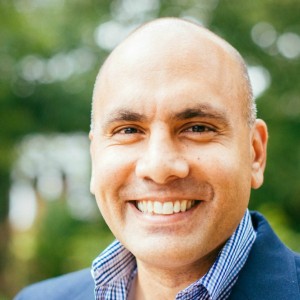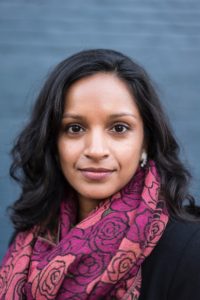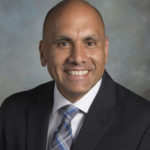
Professor of Communication and Chair of the Department of Communication and Digital Studies Anand Rao
Professor of Communication and Chair of the Department of Communication and Digital Studies Anand Rao contributed to a Wall Street Journal article on ChatGPT titled “Professors Turn to ChatGPT to Teach Students a Lesson; The powerful paper-writing chatbot presents an educational challenge: Ban it or build on it?” published on Jan. 25, 2023. Rao discussed the impact the generative AI tools, like ChatGPT, will have on knowledge production. Read more.
The article also was published in Elite News. “It really seems to change the nature of knowledge production itself,” Rao said. Read more.
Rao also contributed to a webinar titled “Generative AI and ChatGPT: The Short and Long-Term Impacts on Education” on Wednesday, Jan. 18. His presentation focused on higher education and included discussion of how ChatGPT could be used by students to cheat, but also opportunities for use of ChatGPT in the classroom to support the student writing process. He also outlined broader concerns about generative AI, including algorithmic bias and AI’s use of other artist’s creative work. Discover information about the webinar, including a soon-to-be-released recording.
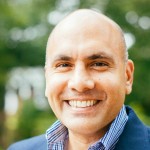
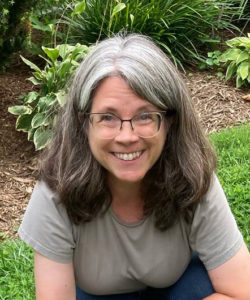
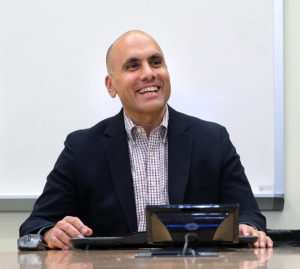
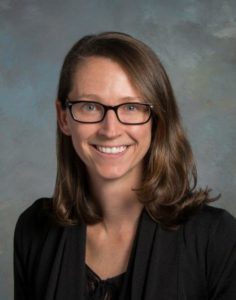
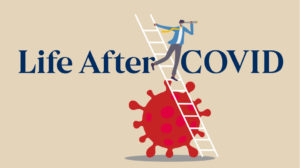 “We view opportunities such as the Life After COVID course as part of our mission as a public liberal arts and sciences institution,” said UMW College of Arts and Sciences Dean
“We view opportunities such as the Life After COVID course as part of our mission as a public liberal arts and sciences institution,” said UMW College of Arts and Sciences Dean 